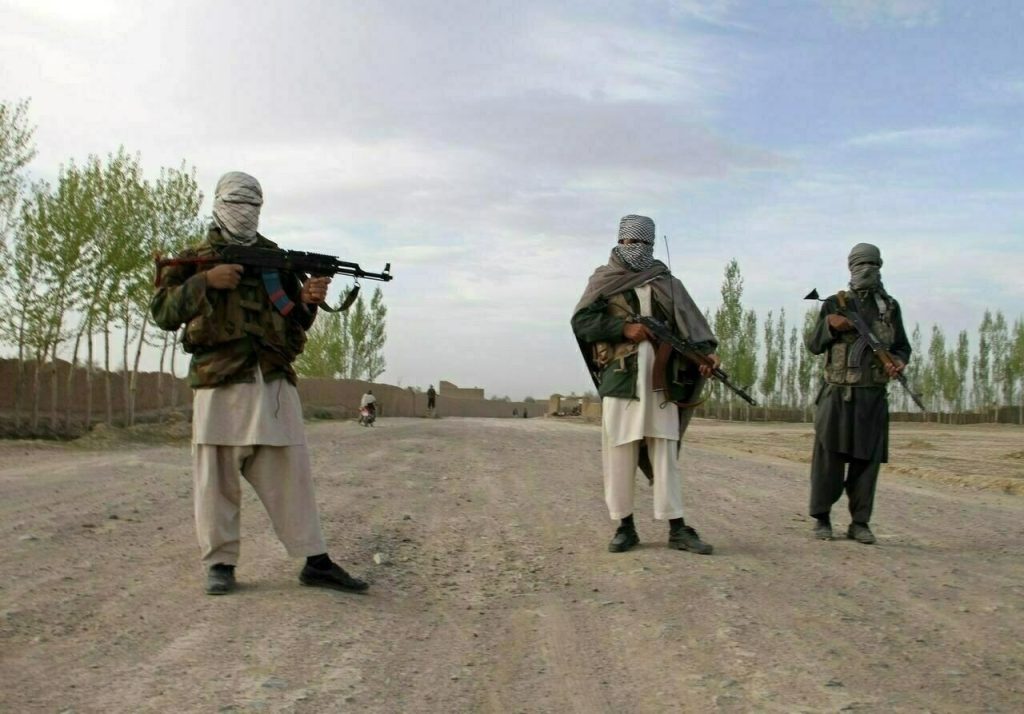For years, Pakistan has tirelessly sought to convince the interim Taliban government of Afghanistan about a harsh reality: many of the terrorists responsible for the escalating violence, bloodshed, and ruthless attacks by the Tehrik-i-Taliban Pakistan (TTP) are operating from Afghan territory. Despite repeated appeals, the Afghan leadership has consistently denied these claims, but recent events have once again highlighted the use of Afghan soil for terrorist activities targeting Pakistan.
It is imperative to acknowledge that the Afghan Interim Government’s tacit support for foreign terrorists significantly jeopardizes regional stability. Despite multiple instances of concrete proof presented by Pakistan, the Afghan administration has utterly failed to enact any substantial measures against the Kharijis.
On August 28, Afghanistan’s Army Chief, Fasihuddin, declared that Pakistan had not furnished any definitive evidence of terrorist activities. However, the truth is quite contrary. On August 27, 2024, during a strategic operation in Tira, the Pakistan Army apprehended an Afghan national, Kharji Abdullah S/o Nisar, who was attempting to infiltrate from Afghan territory. Unquestionable evidence has since been unveiled.
According to Kharji Abdullah, he hails from District Lalpura in Nangarhar Province. He confessed to receiving militant training in Nangarhar, after which he was instructed to execute attacks in various locales across Pakistan. Among those orchestrating the offensive were 34 individuals, including specialists in IEDs. As further revealed, they possessed a substantial cache of explosives intended for use in assaults on Pakistani soil. The assault on Sitara Banda led to 10 casualties and 15 fatalities, with remaining commanders either fleeing or capitulating to the Pakistani forces after their comrades’ deaths.
These irrefutable findings substantiate that Afghan soil has been instrumental in fostering discord and supporting terror activities in Pakistan for an extended period. With such compelling evidence, the vacuous assertions of the Afghan Interim Government have been starkly unmasked to the global audience. It is incumbent upon the Afghan administration to abandon its duplicitous approach towards Pakistan and decisively dismantle the Fitna-ul-Khawarij within its borders.
The ongoing use of Afghan territory by terrorist organizations poses a severe threat not only to Pakistan but to the entire region. The unchecked activities of groups like the TTP have contributed to increased violence and instability, hampering economic growth and development efforts. Moreover, the reluctance of the Afghan interim government to address this issue jeopardizes the prospects for long-term peace in South Asia. If this situation persists, it could lead to a broader regional conflict, drawing in other neighboring countries and destabilizing the area even further.


